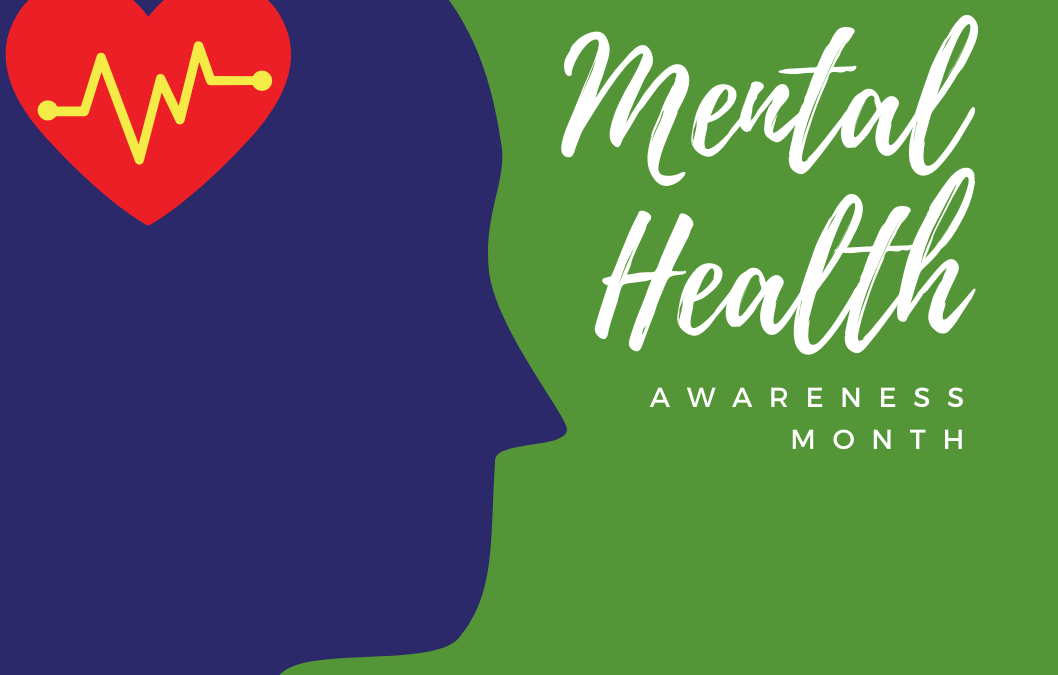
5 Tips to Secure a Home for Alzheimer’s Care
March 6, 2024
Promoting Your Home Care Business In Your Community
June 6, 2024May is National Mental Health Awareness Month, offering us a valuable opportunity to appreciate the importance of addressing why mental health matters for you, your staff, and your home care business.
Are you prioritizing the mental well-being of everyone in your patient care team, including the patients and their families?
If your staff shows signs of stress or admits to concealing these symptoms, inquire further: “How can I support you in reducing workplace stress?” While you can’t control stressors at home, you can identify and address workplace stressors with new strategies.
As a leader of your home care or hospice team, consider the following:
- Foster open discussions about work-related stress among your team.
- Identify modifiable factors contributing to stress.
- Welcome suggestions for resolving stressors and involve your team in the improvement process.
- Ensure every team member knows how to access mental health resources, both within the workplace and the community, for stressors beyond your control, such as those related to home life.
According to HelpGuide.org, just as your mental health can influence your work, your work environment can also impact your mental well-being, affecting job performance and productivity. Recent estimates indicate that mental health challenges result in approximately $1 trillion in annual losses for the global economy, encompassing reduced productivity, increased absenteeism, and higher staff turnover.
Help Your Clients:
Elderly clients face an increased risk of experiencing anxiety and depression as a result of social isolation. Particularly when dealing with chronic illnesses that confine them to their homes. However, mental health challenges like these are common among seniors. It’s essential to recognize that they’re not an inherent aspect of aging but rather stem from physiological or emotional factors. Additionally, being a caregiver or patient in hospice care can be even more stressful and emotionally exhausting. Therefore, it’s especially important to understand why mental health matters in this specific industry.
Warning Signs to Look For:
- Notable shifts in mood, energy, and appetite
- Feeling emotionally flat or unable to find joy
- Sleep disturbances or excessive sleeping
- Difficulty concentrating, restlessness, easily upset
- Persistent worry, stress, dwelling on negativity
- Increased anger, irritability, or sudden outbursts
- Physical symptoms like headaches or digestive issues
- Engagement in risky behaviors despite consequences
- Prolonged feelings of sadness or hopelessness
- Thoughts of self-harm or harming others
- Obsessive thoughts or behaviors affecting daily life
- Experiencing sensory perceptions others don’t
If you find a staff member, a client, or yourself struggling with any of these challenges, remember we are not alone. Help is available. Please don’t hesitate to reach out to a mental health hotline or seek support from a trusted friend, family member, or professional. Everyone’s well-being matters.




